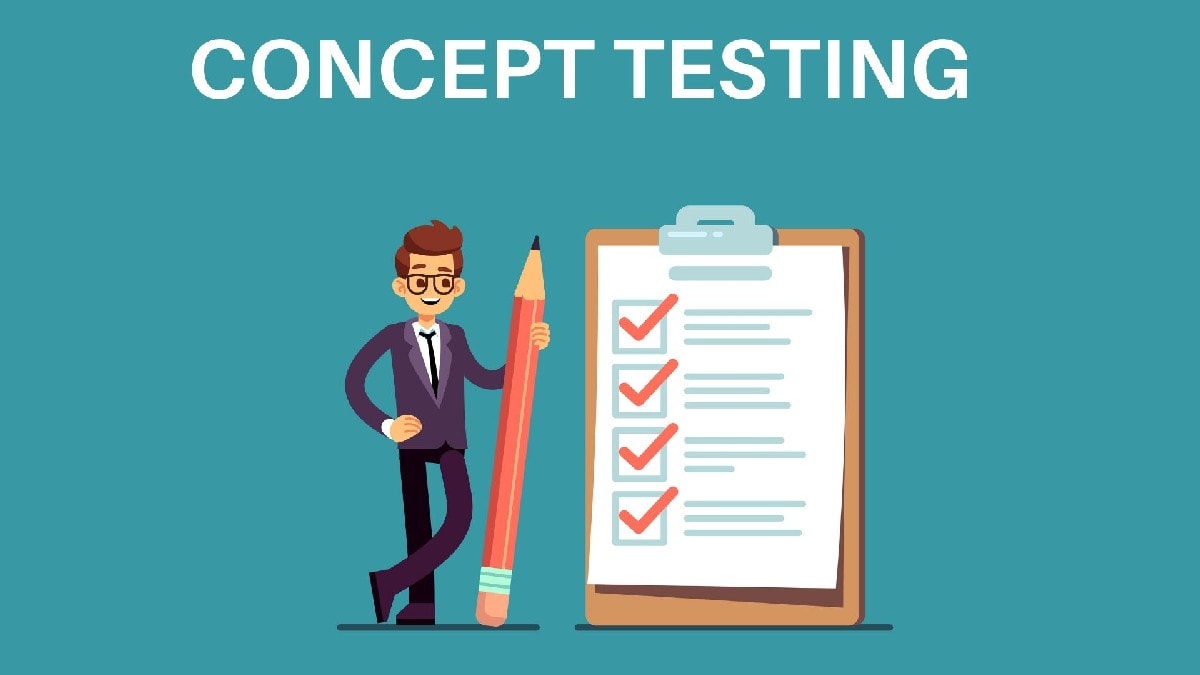Unveiling Consumer Preferences | The Essence of Concept Testing Market Research
Understanding consumer preferences is at the core of successful product development and marketing strategies. In today's fast-paced market, where competition is fierce and consumer demands evolve rapidly, businesses cannot afford to rely solely on intuition or guesswork. Instead, they turn to concept testing market research to gain valuable insights into what resonates with their target audience.
The Importance of Concept Testing
Concept testing is a crucial phase in the product development process, allowing companies to evaluate the viability and appeal of new ideas or concepts before investing resources into full-scale production. By presenting consumers with prototypes, mock-ups, or descriptions of potential products or services, businesses can gauge interest, gather feedback, and identify areas for improvement.
One of the primary benefits of concept testing is its ability to minimize the risk of launching a product that fails to meet consumer expectations. By soliciting feedback early in the development cycle, companies can refine their concepts based on real-world input, increasing the likelihood of success upon launch.
Key Components of Effective Concept Testing
Successful concept testing relies on careful planning, execution, and analysis. Here are some key components to consider:
Clear Objectives
Before conducting concept testing, it's essential to establish clear objectives and define what you hope to achieve. Whether you're looking to assess overall appeal, identify potential barriers to adoption, or fine-tune specific features, having a clear roadmap will guide the research process and ensure actionable insights.
Representative Sample
Choosing the right participants for your concept test is critical to obtaining meaningful results. Your sample should reflect your target market demographics, including factors such as age, gender, income, and geographic location. By recruiting a diverse group of participants, you can capture a range of perspectives and preferences.
Appropriate Methodology
There are various methodologies for conducting concept tests, including surveys, focus groups, and in-depth interviews. The best approach will depend on factors such as the complexity of your concept, the depth of feedback required, and the resources available. Selecting the most suitable methodology will ensure that you gather comprehensive insights efficiently.
Comprehensive Analysis
Once data has been collected, it's crucial to analyze findings thoroughly to extract actionable insights. Look for patterns, trends, and recurring themes in participant feedback. Pay attention to both quantitative metrics, such as ratings or rankings, and qualitative feedback, which can provide deeper insights into consumer perceptions and preferences.
Conclusion
Concept testing market research is an invaluable tool for businesses looking to develop products and services that resonate with consumers. By soliciting feedback early in the development process, companies can identify strengths, weaknesses, and opportunities, ultimately increasing the likelihood of success in the marketplace. By incorporating concept testing into their product development strategies, businesses can gain a deeper understanding of consumer preferences, mitigate risks, and gain a competitive advantage in today's dynamic market landscape.
Post Your Ad Here

Comments